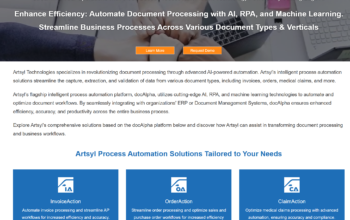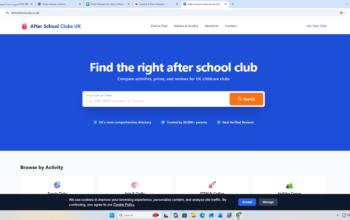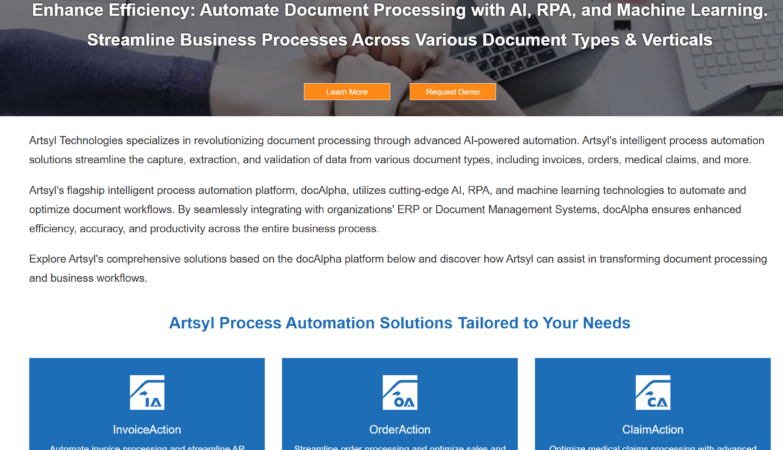The reliance on cloud computing is now widespread among businesses that experience big data movements or personnel access. Nearly 90 per cent of all IT driven companies now use online storage and access to conduct daily activities, but just how efficient and protected are your systems?
Migrating to a cloud system that is customised to a company’s needs is top of the agenda for many CIOs and CTOs, and the timing and execution is critical. At the heart of the access is the human element and with it comes the potential for error, dissatisfaction and inefficient operations. In short; the end user finds the system unwieldy and starts adopting their own ‘shadow IT’ procedures using systems such as; Google Drive, Dropbox and personal email. This is one of the key topics of discussion in a new white paper produced by Computacenter for free download here.
Some 63 per cent of medium and large businesses in Europe are now using their own private cloud system, and for good reason. Data security, in particular EU data compliance, speed of delivery and sheer size of data movement are all imperative to a successful business. Leakage becomes a threat from unauthorised use by the end user, be they a staff member with remote access, a third party in the supply or delivery chain, or the customer.
Neil Eke, Systems Solution Manager at Computacenter and co-author of the paper comments: shadow IT is a growing trend that has the potential to damage the relevance of corporate IT if not carefully managed. There’s no doubt that software defined and cloud-based delivery offers exciting potential for enabling an agile and quick response to market changes, according to the white paper. But making the transition also requires a number of organisational and process optimisation steps and it won’t happen overnight, he adds.
Employing specialist consultants to manage the process is good advice, if you are to avoid downtime from staff adaption, and harmonise everyone’s usage during data on demand. According to Paul Casey a chief technologist at Computacenter, analysing the shadow IT is crucial not only to assess what technology is required, but also as a ‘human driven’ suggestion on what works best for the client – staff interaction. Enhanced user experience, in other words.
“Enterprise IT users want to use mobile platforms; they expect a social presence and the ability to order, collaborate and live online as part of a modern working style. The developers expect IT resources to be available on tap, and to seamlessly integrate with their development approach and tools”, he adds.
This all adds up to a strategic approach when upgrading systems to make total use of cloud computing for your core IT systems. And the transition, according to these two, is one that needs to be driven by the user’s needs.
To find out more, as well as insightful advice on other processes related to cloud IT, you can read more and consult with Computacenter here
Contact:
Octopus Group
computacenter@weareoctopusgroup.net








